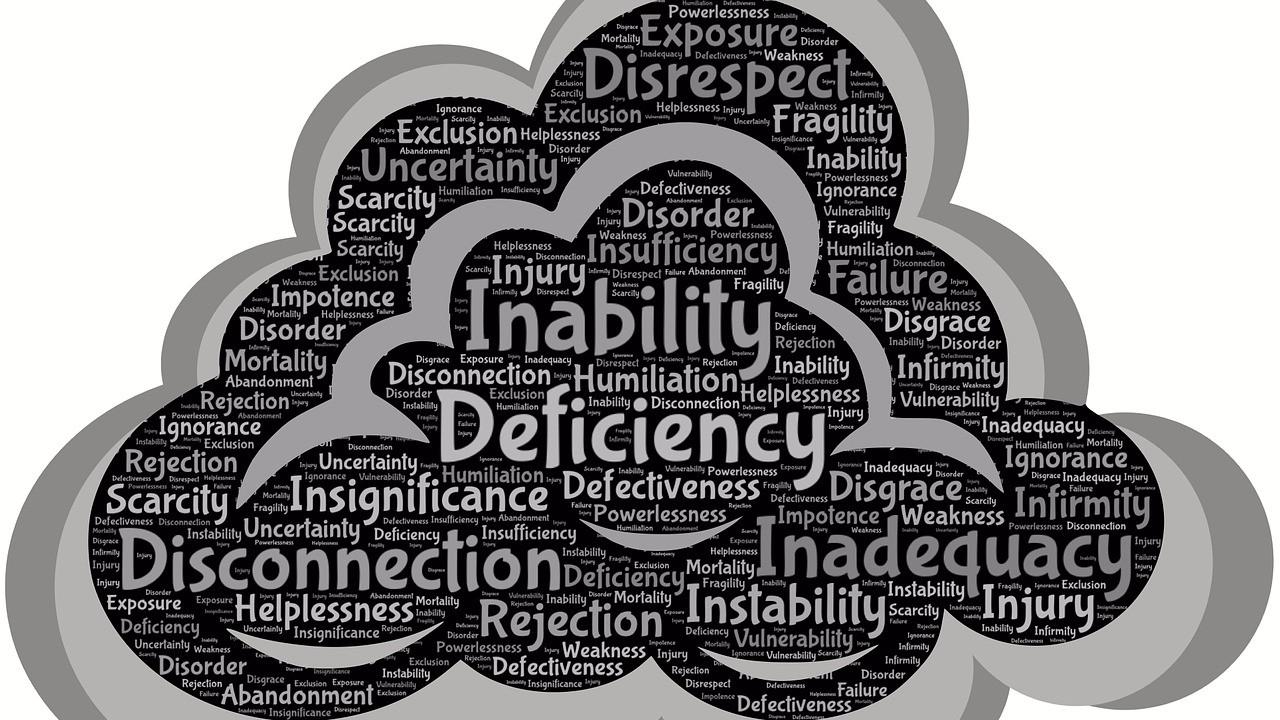Are Your Clients Feeling Choked by Anxiety and Depression?
Mar 27, 2016
Both seniors and the developmentally disabled can have anxiety and depression. Many things can make any of us feel the trauma of these conditions. Seniors have to contend with losing physical and possibly mental abilities. If they allow themselves to do so, they can also lose purpose and meaning in their lives. And people need to feel useful and needed. Without that focus, even healthy seniors can slip into anxiety and depression.
Anxiety can arise in family dealings. Seniors can feel pulled even if disagreements between family members don't directly involve them. Added anxiety is likely if there are arguments that involve them and their property. I know one lady who often tells me how her family sent her boyfriend packing, and took over her life, home, and belongings.
Necessary or not, it seems to have been mishandled. The woman is still in mourning, but no help has been offered to her for dealing with the barrage of losses handed to her all at once. No boyfriend, moved out of her own home and into an assisted living, a new doctor she despises, loss of control in her life, loss of physical abilities, and a lot of anger with no where to go with it. Is it any wonder that seniors often deal with anxiety and depression?
People who are not yet seniors, but disabled in some way often deal with some of these same issues. I have known some over the years who have been raped or abused in various ways. The less verbal they were, the more impaired they have been thought to be. That assumption is not necessarily true. The more intellectually impaired their diagnosis made them out to be, the fewer resources were offered them.
Imagine the emotions locked up inside a person when they can't make their feelings known and expressed. Talk about anxiety and depression! Both seniors and some developmentally disabled have problems expressing what they feel or what they need. In an individual service plan, it is up to the team to see that the appropriate resources are utilized, or at least offered. It is up to the team to explore options and get feedback.
To do that as a true advocate, I found that going over the entire file of the client was useful. I would find what had happened in their life, but had not been addressed. I could find old recommendations that had gone unattended. I could see what skills they had and the devices they had once used, but now may not have access to or interest in using. But, no documentation on why they no longer used that skill or device seemed to exist. I have even seen programs that denied the person had the intellect to use what they had once used well, rather than start again.
I think ISP plans could help our seniors as they can help our developmentally disabled. But, the institution developing the plans needs to be invested in providing top service, and attention to their residents. Compliance has to come from the top, be well supported, be a priority, and really represent the needs and desires of the client.
Real questions need to be asked and answered. That is what I found missing. The teams had gotten complacent over time. The meeting became a social one, rather than a purposeful one. Everyone around the client had gotten so used to what they saw that they no longer really looked or questioned.
In one instance, I had to make a team aware of how they could help a woman make use of both of her hands. That loss was not her fault, but that of the team not seeing the obvious and fixing the situation.
In another, we had to confront a doctor who was just taking money for a visit, but not treating the client who could barely breathe. Another case issue was a dual diagnosis that had not been identified. The client was Down's Syndrome, but the team had missed the Autistic issues he also presented.
Yet another client screamed a lot, tugged at her clothes, and undressed. By observation, I deduced that she was sensitive either to the tags in her blouses or the detergent used with her clothing.
A young man would scoot across the floor on his behind rather than sit in chairs. I asked the simple question if he had ever been assessed for worms instead of assuming as his team did that it was just his 'retarded' behavior.
Nearly all clients had far more daily junk food given them than is good for anyone. And no one was even aware of the nutrient loss caused by diet or by the medications each client took. A poor diet and nutrient loss are some vital links in anxiety and depression. Look for more blog posts and courses on this topic.
It was my job to look deeper. That is also what a great ISP does. Our training on "The Individual Service Plan...Planning the Road Ahead" educates and trains teams and administrators in how to make viable, useful plans for any population needing individual service. Inside the training is a list of questions I often asked. It is by no means exhaustive, so feel free to question whatever your client needs you to question. I sure did.
Linda Mac Dougall
[email protected]
Don't Use The V-Word
Do you mind my asking you how old you are?" Linda, in her early 70's, doesn't identify as a "senior" - at least not in the context that most people think of it.
Published by James Lee
Stay connected with news and updates!
Join our mailing list to receive the latest news and updates from our team.
Don't worry, your information will not be shared.
We hate SPAM. We will never sell your information, for any reason.

